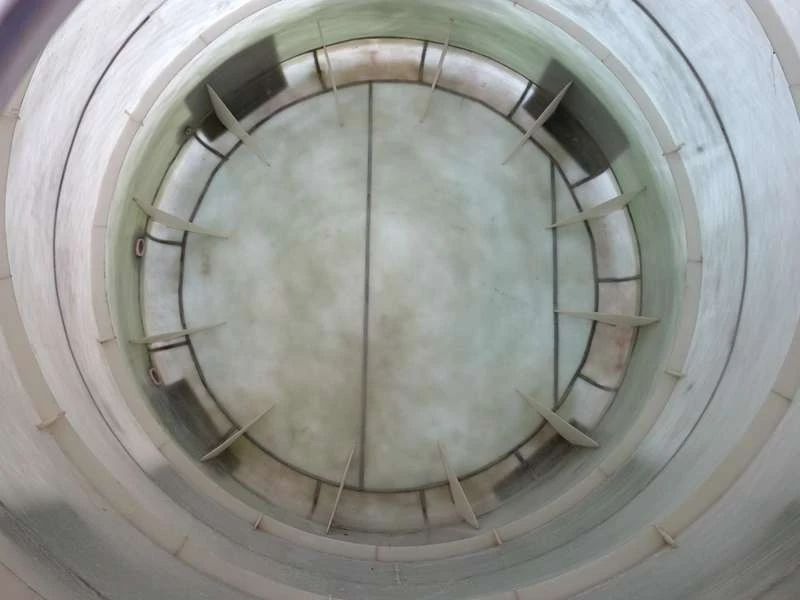
-
 Afrikaans
Afrikaans -
 Albanian
Albanian -
 Amharic
Amharic -
 Arabic
Arabic -
 Armenian
Armenian -
 Azerbaijani
Azerbaijani -
 Basque
Basque -
 Belarusian
Belarusian -
 Bengali
Bengali -
 Bosnian
Bosnian -
 Bulgarian
Bulgarian -
 Catalan
Catalan -
 Cebuano
Cebuano -
 China
China -
 China (Taiwan)
China (Taiwan) -
 Corsican
Corsican -
 Croatian
Croatian -
 Czech
Czech -
 Danish
Danish -
 Dutch
Dutch -
 English
English -
 Esperanto
Esperanto -
 Estonian
Estonian -
 Finnish
Finnish -
 French
French -
 Frisian
Frisian -
 Galician
Galician -
 Georgian
Georgian -
 German
German -
 Greek
Greek -
 Gujarati
Gujarati -
 Haitian Creole
Haitian Creole -
 hausa
hausa -
 hawaiian
hawaiian -
 Hebrew
Hebrew -
 Hindi
Hindi -
 Miao
Miao -
 Hungarian
Hungarian -
 Icelandic
Icelandic -
 igbo
igbo -
 Indonesian
Indonesian -
 irish
irish -
 Italian
Italian -
 Japanese
Japanese -
 Javanese
Javanese -
 Kannada
Kannada -
 kazakh
kazakh -
 Khmer
Khmer -
 Rwandese
Rwandese -
 Korean
Korean -
 Kurdish
Kurdish -
 Kyrgyz
Kyrgyz -
 Lao
Lao -
 Latin
Latin -
 Latvian
Latvian -
 Lithuanian
Lithuanian -
 Luxembourgish
Luxembourgish -
 Macedonian
Macedonian -
 Malgashi
Malgashi -
 Malay
Malay -
 Malayalam
Malayalam -
 Maltese
Maltese -
 Maori
Maori -
 Marathi
Marathi -
 Mongolian
Mongolian -
 Myanmar
Myanmar -
 Nepali
Nepali -
 Norwegian
Norwegian -
 Norwegian
Norwegian -
 Occitan
Occitan -
 Pashto
Pashto -
 Persian
Persian -
 Polish
Polish -
 Portuguese
Portuguese -
 Punjabi
Punjabi -
 Romanian
Romanian -
 Russian
Russian -
 Samoan
Samoan -
 Scottish Gaelic
Scottish Gaelic -
 Serbian
Serbian -
 Sesotho
Sesotho -
 Shona
Shona -
 Sindhi
Sindhi -
 Sinhala
Sinhala -
 Slovak
Slovak -
 Slovenian
Slovenian -
 Somali
Somali -
 Spanish
Spanish -
 Sundanese
Sundanese -
 Swahili
Swahili -
 Swedish
Swedish -
 Tagalog
Tagalog -
 Tajik
Tajik -
 Tamil
Tamil -
 Tatar
Tatar -
 Telugu
Telugu -
 Thai
Thai -
 Turkish
Turkish -
 Turkmen
Turkmen -
 Ukrainian
Ukrainian -
 Urdu
Urdu -
 Uighur
Uighur -
 Uzbek
Uzbek -
 Vietnamese
Vietnamese -
 Welsh
Welsh -
 Bantu
Bantu -
 Yiddish
Yiddish -
 Yoruba
Yoruba -
 Zulu
Zulu
molded fiberglass
The Rise of Molded Fiberglass Revolutionizing Industries
In today's rapidly evolving world, the demand for innovative materials that are lightweight, durable, and cost-effective has led to the rise of molded fiberglass as a favored choice across various industries. Molded fiberglass, commonly known as fiberglass reinforced plastic (FRP), is made from a combination of glass fibers and a polymer matrix. This composite material exhibits characteristics that make it highly desirable in applications ranging from automotive manufacturing to aerospace and construction.
What is Molded Fiberglass?
Molded fiberglass is created by combining glass fibers with resins, which can be either thermosetting or thermoplastic. The process begins with the creation of a mold, which can be designed to any specification. When the glass fibers are combined with the resin, often infused into the mold under pressure or through a vacuum process, the end result is a strong, lightweight product that can be shaped to fit any design requirement. The flexibility in design and production makes molded fiberglass an appealing option for manufacturers eager to push the boundaries of innovation.
Benefits of Molded Fiberglass
1. Durability One of the most significant advantages of molded fiberglass is its exceptional durability. It can withstand harsh environmental conditions, including extreme temperatures, moisture, and corrosive substances. This makes it ideal for outdoor applications, from wind turbine blades to chemical storage tanks.
2. Lightweight Compared to metals and many other materials, molded fiberglass is considerably lighter. This reduction in weight can lead to increased fuel efficiency in vehicles, lower shipping costs, and easier handling in construction applications. Lightweight components are crucial in industries such as aerospace, where every ounce counts.
3. Cost-Effectiveness Although the initial investment for creating molds and production can be high, molded fiberglass offers long-term cost savings. Its durability means lower maintenance costs and a longer lifespan, making it an economically sound choice over time.
4. Versatility Molded fiberglass can be tailored to meet specific needs with a variety of finishes, colors, and textures. This versatility allows designers and engineers to create aesthetically pleasing products that also meet functional requirements.
5. Sustainability As industries move towards more sustainable practices, molded fiberglass has made strides in this area too. Many manufacturers are now using recycled or bio-based resins, which can significantly reduce the environmental impact of production while maintaining the performance of traditional composites.
molded fiberglass

Applications of Molded Fiberglass
The unique properties of molded fiberglass have led to its adoption in numerous sectors
- Automotive In the automotive sector, molded fiberglass is used for components like body panels, dashboards, and even entire vehicle structures. The lightweight nature of fiberglass helps manufacturers improve fuel efficiency and performance.
- Aerospace The aerospace industry benefits greatly from molded fiberglass due to its high strength-to-weight ratio, allowing for the creation of lightweight aircraft components without sacrificing safety.
- Construction In construction, fiberglass is used for roofing materials, insulation, and wall panels. Its resistance to decay and moisture makes it an ideal choice for building materials, especially in areas with challenging weather conditions.
- Marine The marine industry employs molded fiberglass extensively in boat construction and repair. Its resistance to saltwater and corrosion makes it a superior choice over traditional materials.
- Electrical and Electronics Molded fiberglass is also found in electrical and electronic enclosures, providing excellent insulation and protection for sensitive components.
Conclusion
Molded fiberglass is a remarkable material that has reshaped various industries by offering durability, lightweight properties, and cost-effectiveness. As technology continues to advance, molded fiberglass will likely see even more applications, driving innovation and enhancing efficiency across multiple domains. Whether in the automotive, aerospace, construction, or sporting goods industries, the future of molded fiberglass looks bright, promising to remain a cornerstone material for generations to come.









